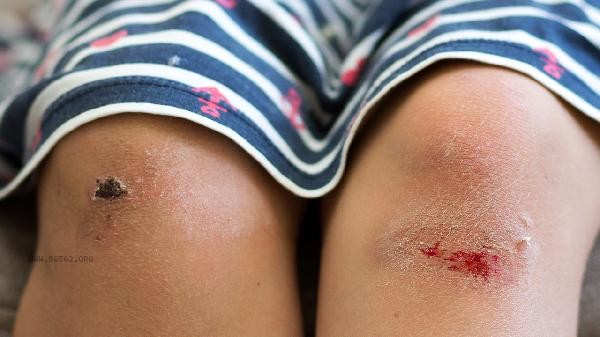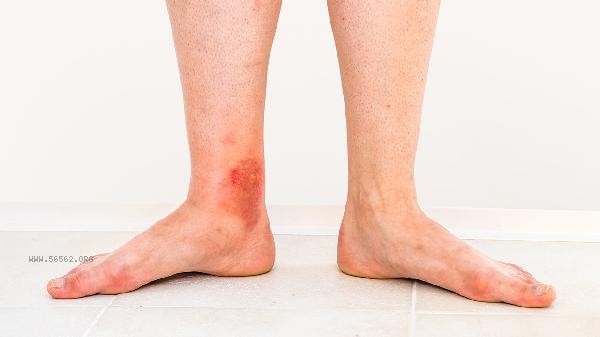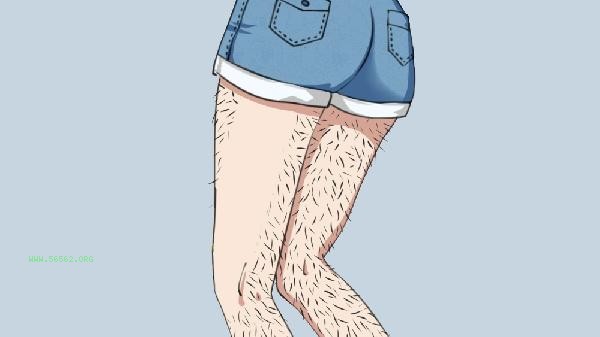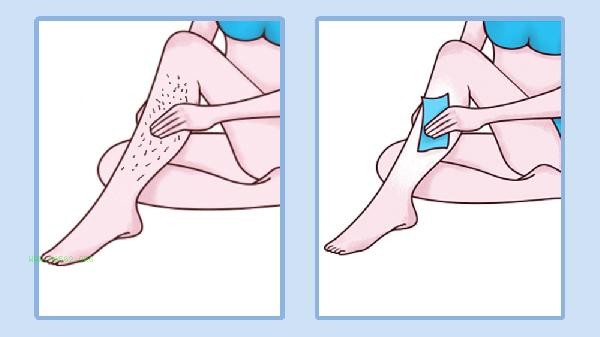Scar induced hair loss is usually caused by permanent damage to hair follicles, and common causes include traumatic infections, autoimmune diseases, skin diseases, radiation therapy, genetic factors, etc. Scar induced hair loss belongs to irreversible hair loss and requires targeted treatment based on the cause.

1. Traumatic infection
Physical injuries such as head burns, scalds, and lacerations can damage the structure of hair follicles, and fibrous tissue formed during wound healing can replace normal hair follicles. Severe folliculitis or fungal infections such as tinea flavum and pyoderma can lead to the proliferation of collagen fibers around hair follicles and the formation of scar tissue if inflammation persists. This type of situation requires timely debridement and anti infection to avoid chronic inflammation.
2. Autoimmune diseases
such as discoid lupus erythematosus and lichen planus can cause local lymphocyte infiltration, attacking hair follicle stem cells. Patients with chronic lymphocytic folliculitis can see a large accumulation of CD4+T cells around the hair follicles, leading to gradual atrophy and disappearance of the hair follicles. These patients require long-term use of immunosuppressants to control disease progression.
III. Skin Diseases
Chronic skin diseases such as severe seborrheic dermatitis and pemphigus vulgaris can cause epidermal hyperplasia and dermal fibrosis. Patients with lichen sclerosus present porcelain white hardened patches on their skin, and the hair follicle opening disappears. After receiving radiation therapy, patients with radiation dermatitis gradually experience degeneration of their skin appendages. These patients need to actively treat their primary skin disease.

4. Radiotherapy
After receiving high-dose radiation, the DNA of hair follicle hair cells in patients with head and neck tumors is damaged and cannot be repaired. The initial manifestation is temporary hair loss, which will develop into permanent hair loss as the dose accumulates. The skin in the radiation area becomes thinner and atrophied, and hair follicles are replaced by dense fibrous tissue. It is recommended to use a cooling cap to protect hair follicles during radiotherapy.
Fifth, Genetic Factors
Certain genetic skin diseases such as epidermolysis bullosa and congenital skin hypoplasia result in congenital abnormalities in the structure of hair follicles in patients. Patients with familial scar induced alopecia have mutations in the COL7A1 gene and structural defects in the basement membrane surrounding hair follicles. These patients need to undergo genetic testing to confirm their diagnosis. Patients with scar hair loss should avoid physical stimuli such as pulling their hair and excessive perming and dyeing. Wear breathable wigs for daily use to improve appearance, and use gentle and non irritating shampoo products. Keep the scalp clean but avoid excessive cleansing, and supplement with vitamin B and zinc appropriately. It is recommended to regularly visit a dermatologist for follow-up examinations. Early intervention can delay the process of hair loss. For stable small scars, hair transplantation surgery can be considered for improvement.










Comments (0)
Leave a Comment
No comments yet
Be the first to share your thoughts!